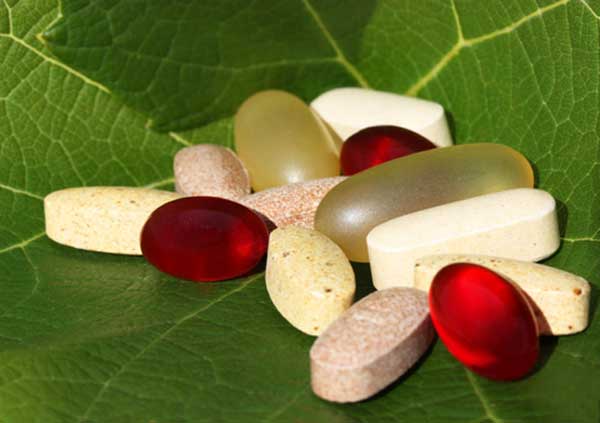Do Vitamins Lower Stroke Risk?

Although many people take vitamin supplements, proof of their health benefits has been scant. Now experts say there's enough evidence to conclude most don’t reduce the risk of stroke, but there are two that may.
Dr. Graeme Hankey, head of the Stroke Unit at Royal Perth Hospital in Australia, reviewed studies conducted between 1970 and 2012 on the effect of vitamin supplements on stroke risk, giving the most weight to those that were large, long-term studies in which participants were randomly assigned to take a particular vitamin supplement, or not.
The most rigorous studies found no link between taking vitamin C, vitamin E or beta-carotene supplements and a reduced risk of stroke.
In fact, one study involving more than 82,400 people found taking beta-carotene (which the body can convert into vitamin A) was associated with an increased risk of death from cardiovascular disease, including heart disease and stroke. Although the increased risk was small, these findings suggest use of beta-carotene and vitamin A supplements should be discouraged, Hankey said.
Other studies found that for people who get enough vitamin B12 and folate from diet, taking additional supplements did not reduce stroke risk, Hankey said.
But the jury was still out on whether vitamin B3 (niacin) or vitamin D could reduce the risk of stroke. The results of a few large, long-term studies are being awaited, and may help answer this question, Hankey said.
Hankey said people should not take vitamin supplements unless they are deficient in a particular vitamin, which is rare in developed countries, he said.
Get the world’s most fascinating discoveries delivered straight to your inbox.
The best ways to prevent stroke are to eat a healthy diet, exercise, don't smoke, and "have regular checks of blood pressure, blood cholesterol and blood sugar, and to keep them well-controlled," Hankey said.
Hankey's review was published online Aug. 7 in the journal Stroke.
Many of the studies Hankey reviewed did not randomly assign people to take a particular vitamin, but instead, observed a certain population over time. Without randomization, factors related to a person's lifestyle or upbringing could influence the results.
"We need large, reliable, randomized controlled trials to evaluate with minimal bias … the effect of interventions such as vitamins on stroke and other outcomes," Hankey said.
Nutritionists say it's best to get vitamins from food. While it's OK to take vitamin supplements, these pills should be viewed as exactly what their name suggests — a supplement to a healthy diet, rather than the basis for one, said Roberta Anding, a registered dietitian and spokeswoman for the American Dietetic Association, in an interview with MyHealthNewsDaily last year.
Pass it on: The most rigorous studies to date show use of vitamin C, vitamin E or beta-carotene do not prevent stroke.
Follow Rachael Rettner on Twitter @RachaelRettner, or MyHealthNewsDaily @MyHealth_MHND. We're also on Facebook & Google+.

Rachael is a Live Science contributor, and was a former channel editor and senior writer for Live Science between 2010 and 2022. She has a master's degree in journalism from New York University's Science, Health and Environmental Reporting Program. She also holds a B.S. in molecular biology and an M.S. in biology from the University of California, San Diego. Her work has appeared in Scienceline, The Washington Post and Scientific American.


